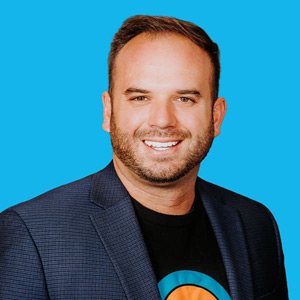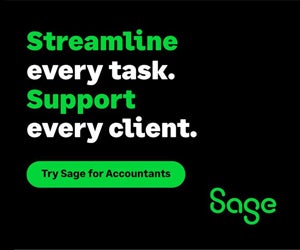Five years post-Covid: Reflecting on accounting’s 'new normal'

Chad Davis and Josh Zweig, co-founders of LiveCA, talk to Ben Richmond of Xero about professional practice and how to meet the moment as a modern accountant
 |
Ben Richmond is Managing Director, North America at Xero. |
THE accounting industry has evolved steadily over the last decade, undergoing somewhat of a quiet revolution that was accelerated by the global pandemic. While the profession is generally perceived as being slower to innovate — this is not necessarily the reality. Across Canada, and particularly over the past few years, firms are embracing new technologies and fine-tuning how to best serve their clients.
Recently, I spoke with Josh Zweig and Chad Davis, Co-Founders of LiveCA, a Canadian remote accounting firm, to explore how the role of the accountant has evolved over the last five years. Read on to hear their perspectives on the impact of the global pandemic on professional services, why modern practices must adapt to new technologies while upping their advisory services, and more.
Ben: How do you feel the role of the accountant has changed over the last five years?
LiveCA: Over the past five years, clients have migrated toward accountants that can provide more value in terms of back office services, digital adoption, and high-touch advisory services. Many firms have had to adapt to retain their clients and sometimes wear a number of hats, such as a tax accountant, tech advisory, and chief financial officer.
Not only is technology moving at rapid speed, but many baby boomers are retiring and are looking to pass their client base to the next generation of accountants. I think we’ll begin to see a new rate of change in the accounting profession as the new generation takes over.
Ben: How did the COVID-19 pandemic shape the role of accountants and influence modern accounting practices?
LiveCA: When we started LiveCA over 13 years ago, it was novel to meet with an accountant online to speak about something as sensitive as your finances. While that dynamic changed over the years, the pandemic certainly accelerated it, as online professional services quickly became the norm rather than the exception.
The pandemic forced many traditional firms with a “if it’s not broken, don’t fix it” mentality to adapt their practices to a different way of communicating with their clients.
Ben: How is technology and client advisory impacting today's practice?
LiveCA: Advisory services are only as good as the data they're built on. At LiveCA, for example, we focus on ensuring data is as accurate as possible before any advisory work begins. By offering a reliable, complete back-office finance team for less than the price of a full-time hire, we are able to provide services that resonate with customers feeling overwhelmed by their accounting requirements.
The impact of technology and advisory opportunities on today’s practices mean that the base knowledge of tools and strategies available to the average accountant have been raised to levels that match consumer demand.
In other words, if you can’t provide quality, reliable answers to customer’s questions quickly — you’ll probably be replaced by those who can.
How to meet the moment as a modern accountant
As made clear by my conversation with LiveCA, today’s accountants are no longer considered number-crunchers or advisors that are to be contacted at tax season alone — they are trusted advisors, technology integrators, and increasingly, virtual CFOs. As client expectations continue to snowball in-line with technological change, the firms that invest in digital tools, high-quality data, and meaningful client advisory services will succeed.
The bottom line? While accounting as a profession is rooted in tradition, the last five years taught us that its future is being determined by early adopters, those who adapt to meet clients where they are.
Ben Richmond is Managing Director, North America at Xero.
He is responsible for driving Xero’s growth in the United States and Canada. In 2013, he joined Xero as New Zealand sales director where he led the business' national growth and spearheaded Xero's global agriculture strategy. Prior to joining Xero, Ben worked in a large regional accounting practice before joining New Zealand's largest telecommunications company in a senior accounting role. He was also one of the founding board members of the Spark Foundation. Ben is a chartered accountant and earned a Bachelor of Commerce majoring in accounting, finance and information systems from the University of Canterbury.
Images courtesy LiveCA and Xero Canada.









(0) Comments